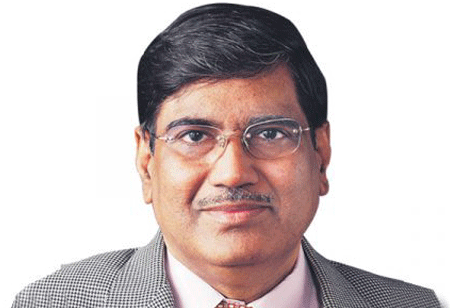
As of today, around 70 percent of critical Key Starting Materials (KSMs) and Active Pharmaceutical Ingredients (APIs)are imported. The PLlscheme is meant for promotion of domestic manufacturing of critical KSMs, Drug intermediates and APIs in India. These incentives have been provided to 41 eligible products which covers 53 APIs for 6 years. The rates vary as per the technology. PLI 2.0 was launched with an objective of increasing investment in production, help product diversification and create global champions out of India who have the potential to grow with cutting edge technology.
I believe both schemes are excellent opportunities for Indian Pharma. I am sure the industry will take advantage of these schemes to not only ease the burden of imports and become Atmanirbhar in APIs, but also establish the country’s credentials as an innovator on global pharmaceutical stage.
INDIA’S IMPRESSION IN GLOBAL STAGE
Vaccines from India have been well received the by world. While the Indian Govt is requesting for support from other countries to provide raw materials, it has also obliged them by sending part of its production to those countries which are supporting it in creating vaccines.
In this way, the India Pharma industry is driving a narrative of quality and affordable prices with Indian vaccines. Globally it will substantiate an image of safety, quality and affordability.
As it is Pharmaexil is working for so many years in creating exports to Global markets, providing them sustainable and quality resource pharma products.
In my opinion, it will substantiate and increase the India’s image in the world.
Universal Healthcare In India -A Reality?
Universal healthcare denotes a broad term wherein the Government ensures access to quality healthcare services for all its citizens while ensuring the use of these services does not result in financial hardships to those who avail of it. From an India perspective, our healthcare system is highly fragmented at this moment. While innovation and digitization can play a significant role in driving access, providing Government support or insurance coverage may not happen at the moment. I believe it will take a few years before India can ensure universal healthcare for all.
Universal healthcare denotes a broad term wherein the Government ensures access to quality healthcare services for all its citizens while ensuring the use of these services does not result in financial hardships to those who avail of it
Key growth drivers for India’s pharma and healthcare industry:
• Re-innovating and re-purposing products: India has already established itself as the pharmacy of the world. However, I believe reverse pharmacology holds tremendous potential going forward as it will allow the industry to reinvent and re-innovate many medicines with the help of chemicals/plants. It will also allow us to repurpose a number of generics which will be the biggest differentiator for ‘Made in India’ generics
• Identify solutions and delivery mechanisms for new viruses: While the world has been focussed on oral and intravenous drugs, I believe innovation in solutions and modes of delivery such as inhalation holds significant potential. We have seen a few excellent pilots in the current pandemic and I think this presents a fantastic opportunity for Indian pharma to further explore.
• Technology oriented growth: Ability to leverage technology will continue to be a key driver for the industry. Digitalized technology such as nano technology in generics, slow-release generics and studying new systems of delivery for generics will drive the next level of growth. Technology can also play a pivotal role in drastically reducing the time to market for new products and ensure products are available to users within a span of few months.
• Nutritional supplements in generics: The pandemic has already shifted the focus from ‘cure’ to ‘prevention’ and brought nutritional supplements front and centre. This segment will emerge as another key growth driver for the pharma industry and open up new markets in even rural areas with paying capacity.
• Access and Affordability: Driving access and affordability has been a key factor in India’s emergence as the world’s largest producer of generic drugs. These elements will continue to dominate the Indian pharma industry narrative both from a generic drugs as well as patient centric technological innovation perspective.
We use cookies to ensure you get the best experience on our website. Read more...